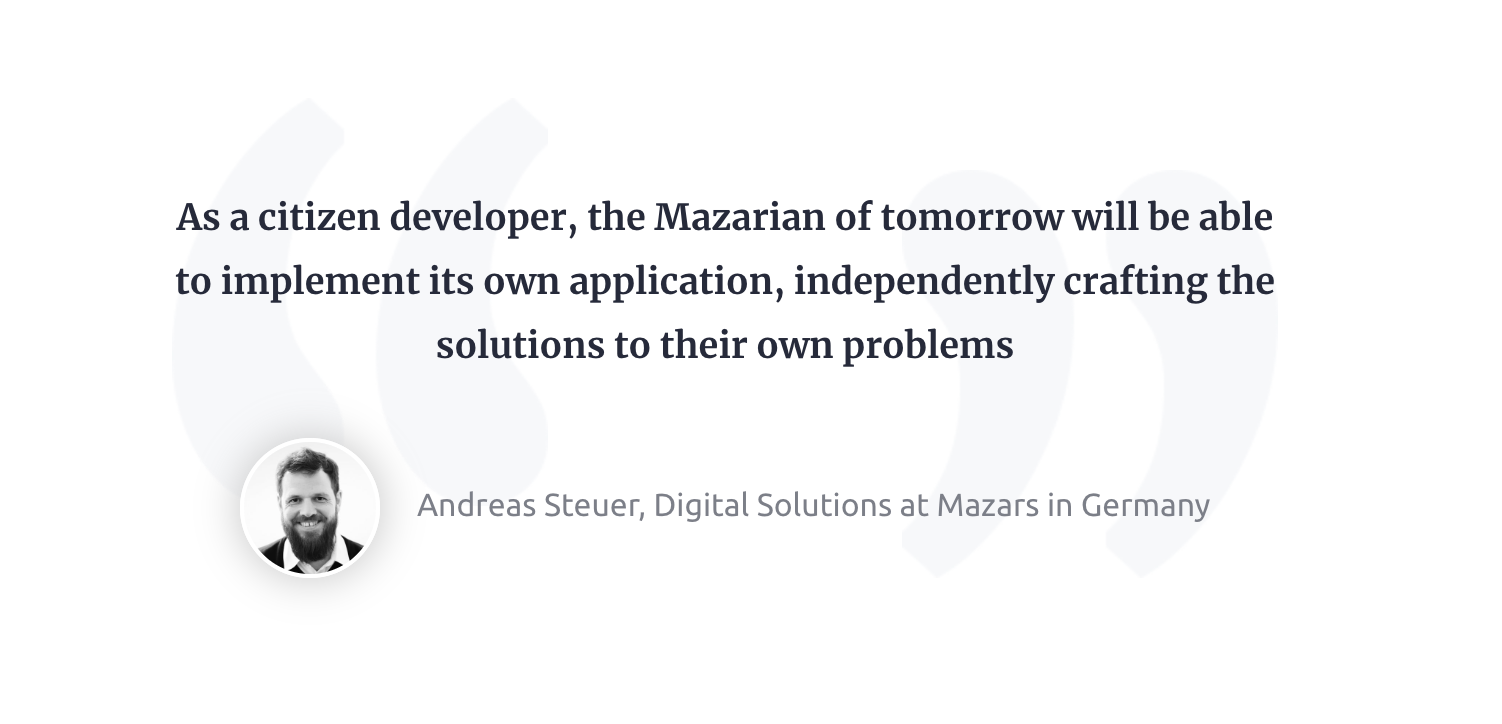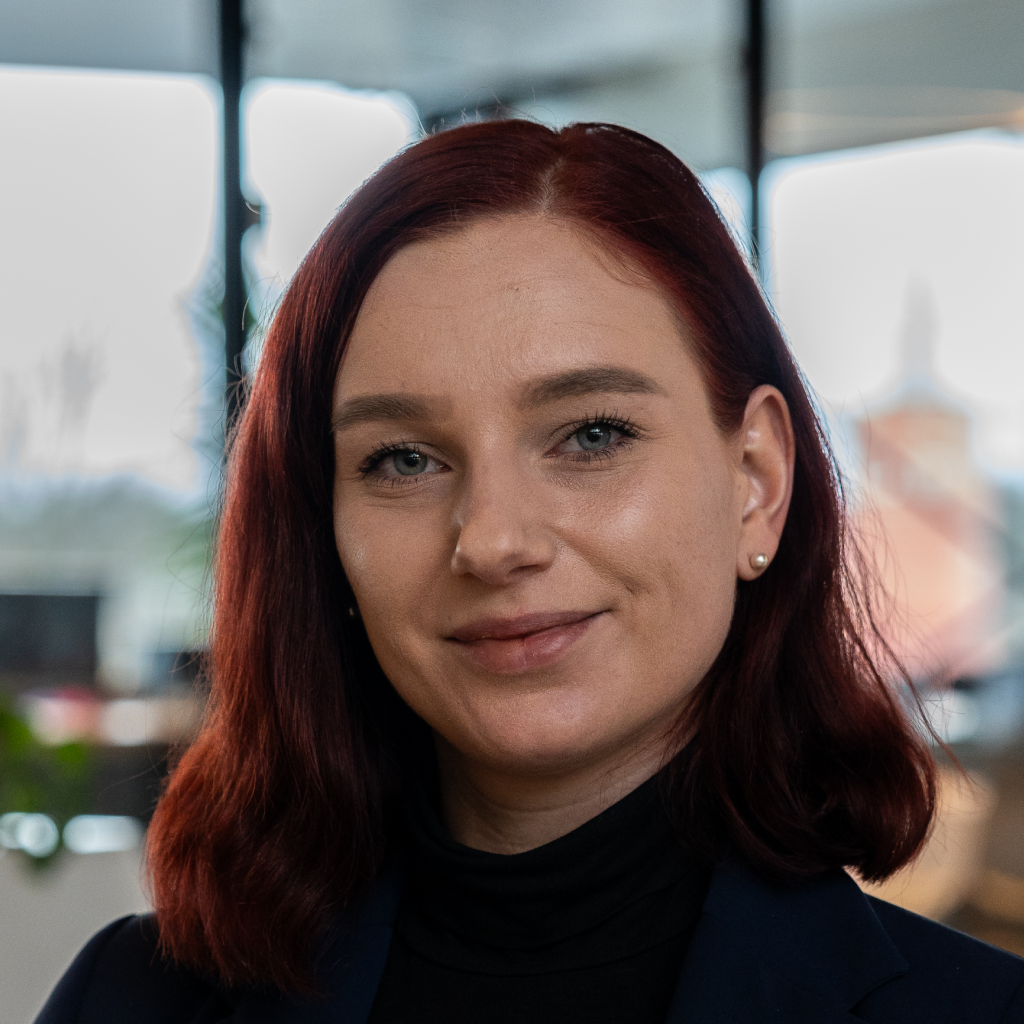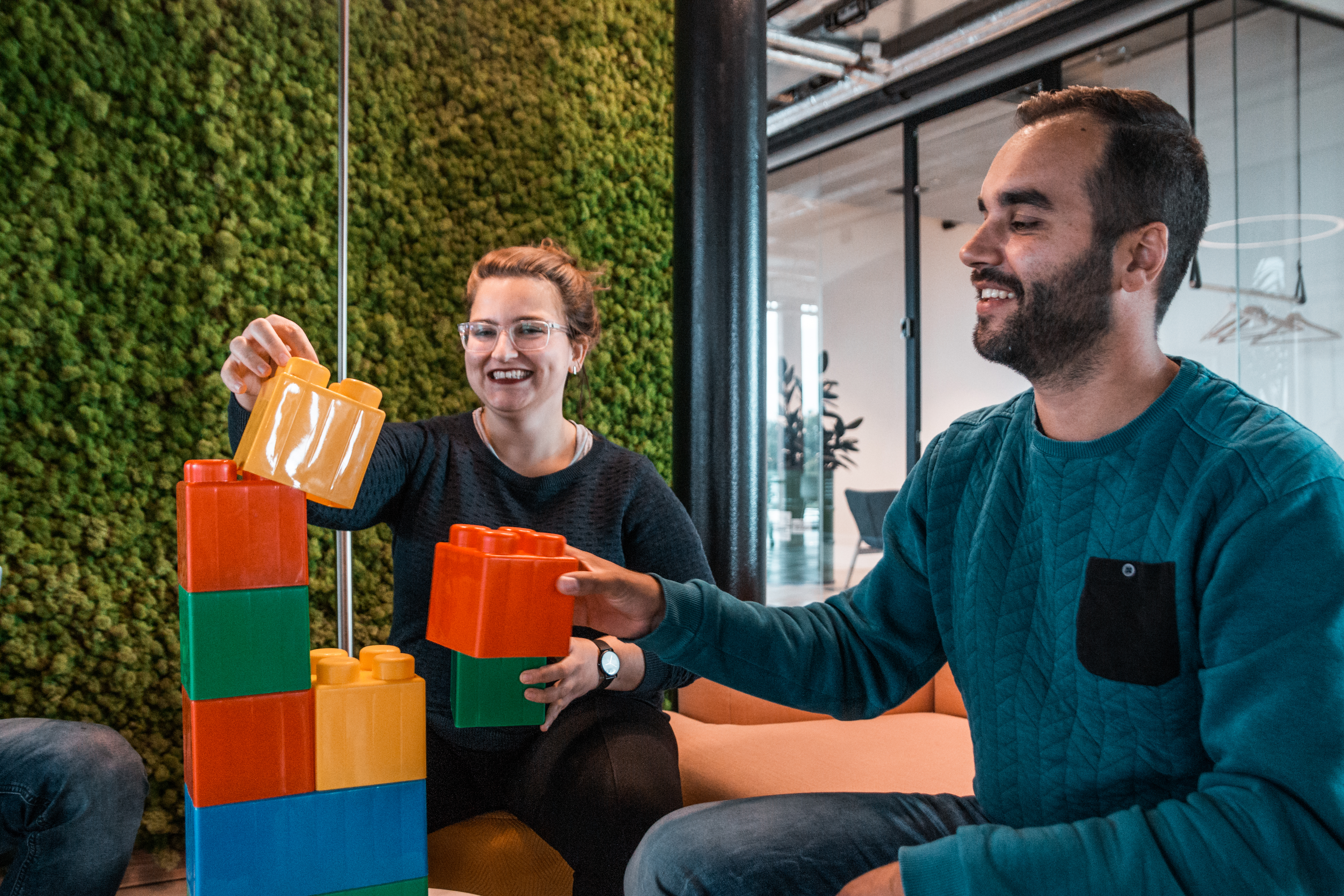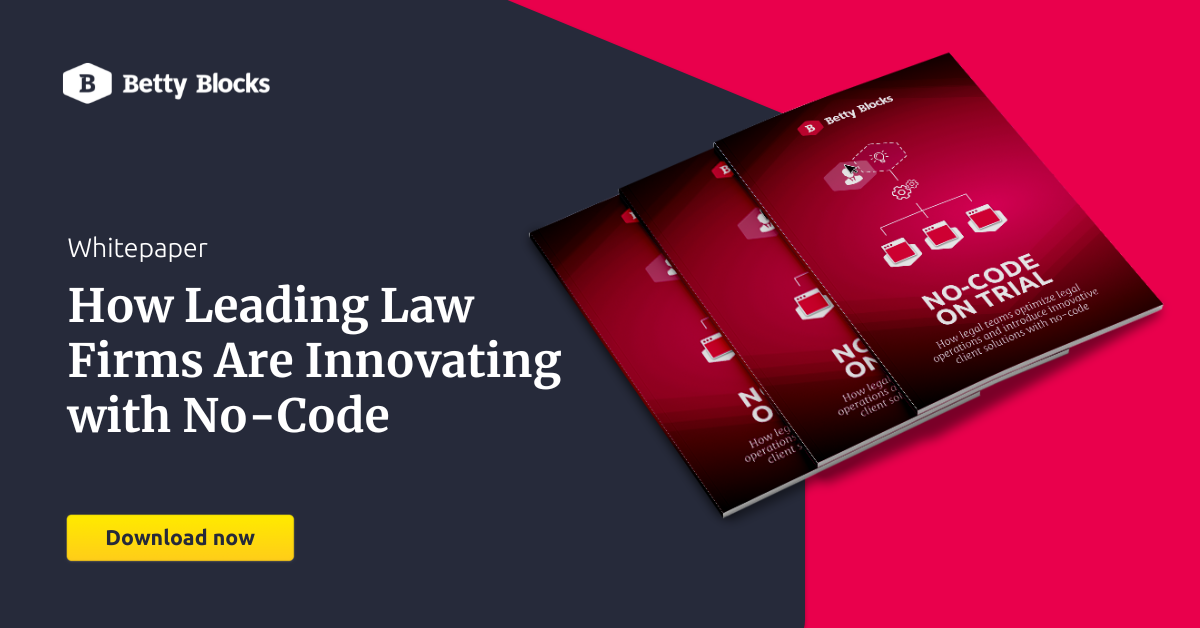Forvis Mazars, an innovation frontrunner, is an internationally integrated partnership operating in 90+ countries and specializing in audit, accountancy, advisory, tax, and legal services. One of the biggest Forvis Mazars member firms, Forvis Mazars in Germany, has spent the last months strategically implementing citizen development into their organization. This journey included establishing a personalized no-code foundation and program, and most recently running a Citizen Development Hackathon.
After partnering with Betty Blocks, Forvis Mazars in Germany has established a core group of over 20 Citizen Developers who built ten finished applications within eight months. We checked in with Andreas Steuer and Charlotte von Keller - Managers of the Digital Solutions team - to hear their top six tips on strategically implementing and scaling citizen development.
1. Teach problem-solving and innovation mindsets
Developing the right solutions starts with developing the right ideas, and coming up with ideas requires a problem-solving mindset. Forvis Mazars in Germany recognizes that implementing citizen development goes beyond introducing a low-code / no-code (LCNC) platform to an organization. Instead the business has to be familiarized with the innovation mindset that comes with it.
Users have to be taught and trained to not only identify problems but to establish solutions: problem-solving. Forvis Mazars achieved this by preceding their No-Code Hackathon with Innovation Workshops that taught these skills. Additionally, tools such as an Ideation Portal enable Forvis Mazars to provide an official space for employees to think of, share, weigh in on, and collaborate around ideas.

2. Start small: tackle the everyday tasks first
Key to the success of Forvis Mazars’ No-Code Hackathon was its theme: Painkillers for Everyday Life.
Focusing developers on the everyday tasks and irritations which get in their way achieves immediate motivation and buy-in: they are building the solutions to their own problems. Meanwhile, focusing on low-complexity workflows which can easily be digitized and automated enables users to get started quickly, and build prototypes within weeks. These tools, such as dynamic questionnaires or knowledge bases, have a huge capacity for optimizing and streamlining internal processes. They can also be offered to clients, thereby increasing self-sufficiency and satisfaction. Remember: starting small means scaling big.
3. Officially schedule innovation
Time and time again we see that a huge barrier to innovation is a simple lack of time. Expecting people to run innovation projects on top of their normal tasks and responsibilities is often unsuccessful. Instead, a management-driven approach needs to meet an employee-led intrinsic need for innovation. Forvis Mazars in Germany is a key example of this. For their Hackathon, they ensured that each development team would have 50% of their time capacity reserved for the projects. This means that innovation is scheduled and prioritized. One of the keys to Forvis Mazars’ success is thus the organization’s core commitment to innovation, ensuring that time is literally made for these new projects.
“Every level of the organization understands what is involved in and required for innovation projects, and the benefits that come from it. Managers are glad to give their people’s time and capacity knowing the results that come out of it” - Andreas Steuer, Digital Solutions and Transformation at Forvis Mazars in Germany
4. Start implementing from day one
The success of an application is highly dependent on its ability to be implemented into and adopted by an organization. Forvis Mazars in Germany knows this, and thus started thinking about implementation on day one. Once participants submitted their Hackathon ideas, these were carefully assessed according to their platform fit, opportunity, and usability. Additionally, the Services Lines in which the applications would be launched were consulted. Bringing these departments in from day one ensured an additional validation regarding usability and launchability. Meanwhile, the right knowledge- and stakeholders could contribute to establishing the requirements, scoping the projects, and starting launch preparations. As a result, once the applications were finished, they were launched smoothly and successfully into the organization.
5. Build blocks for the future
Forvis Mazars in Germany ensured a successful citizen development journey by establishing a foundation of blocks which could be built on for the future. Out of the existing Center of Excellence (CoE), the Digital Solutions team formed a CoE dedicated to Betty Blocks, composed of the key knowledge holders of the platform. These users then trained the next wave of citizen developers. Meanwhile, with Betty Blocks finished applications can be used as templates or reusable components. This means every solution is a building block for the next, and every new wave of developers can benefit from the work that was done before.
“With each application developed on the platform, the next is created faster and easier.” - Yilun Liu, Business Engineer and Product Owner
6. Set up a self-sustaining, scalable system
Providing your organization with a platform like Betty Blocks means providing your organization with a fully IT-secured and sanctioned platform for independent building.
Forvis Mazars in Germany has demonstrated what this means in practice. Backed with a personalized no-code environment and all the right documentation and training, Forvis Mazars can support and enable any type of developer. Innovation is fully structured and secured, which means that no-coders can be given immediate approval and free-range to pursue projects. Meanwhile, no-coders and pro-coders can collaborate on projects, thus supporting innovation at any scale. Through this, Forvis Mazars in Germany has set up a fully self-sustaining and scalable system, catapulting their innovation into the future.

Forvis Mazars in Germany has successfully implemented citizen development by starting with a solid foundation, teaching users the right skills, making time for innovation, and mastering the application development lifecycle. This foundation now empowers them to scale their success to other users, Service Lines, and countries.
Curious to know more about how Betty Blocks empower leading law firms to innovate with no-code? Check it out:




